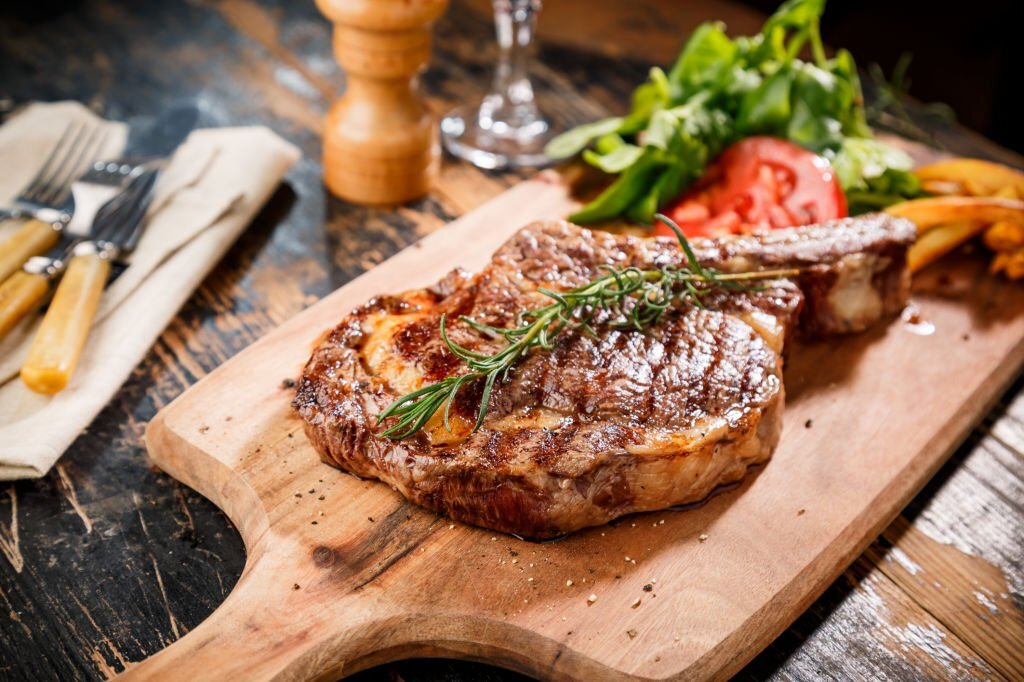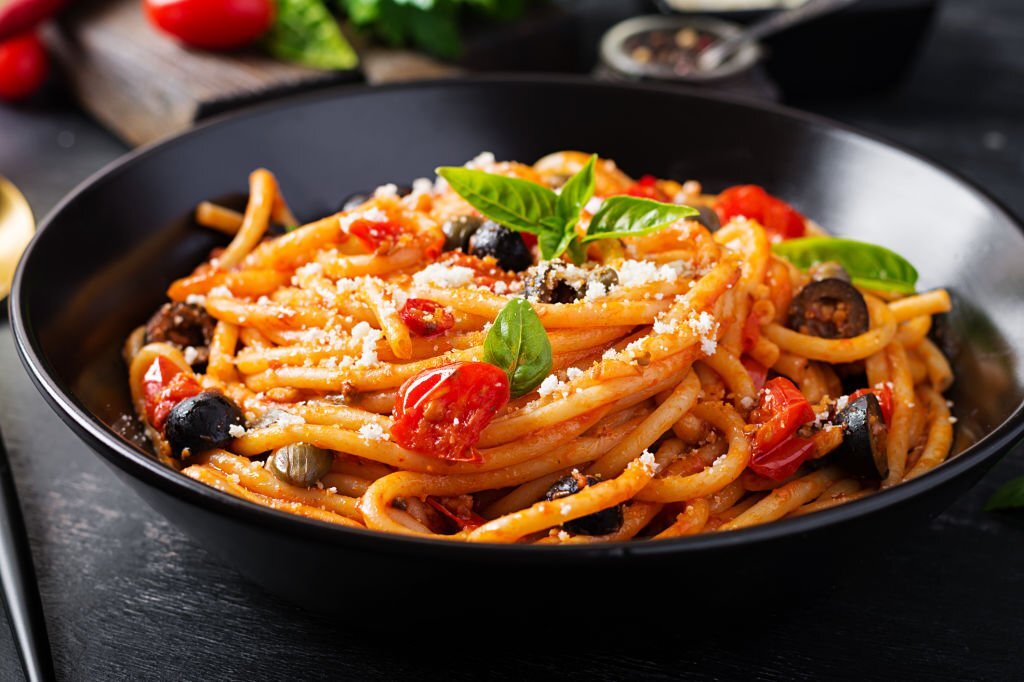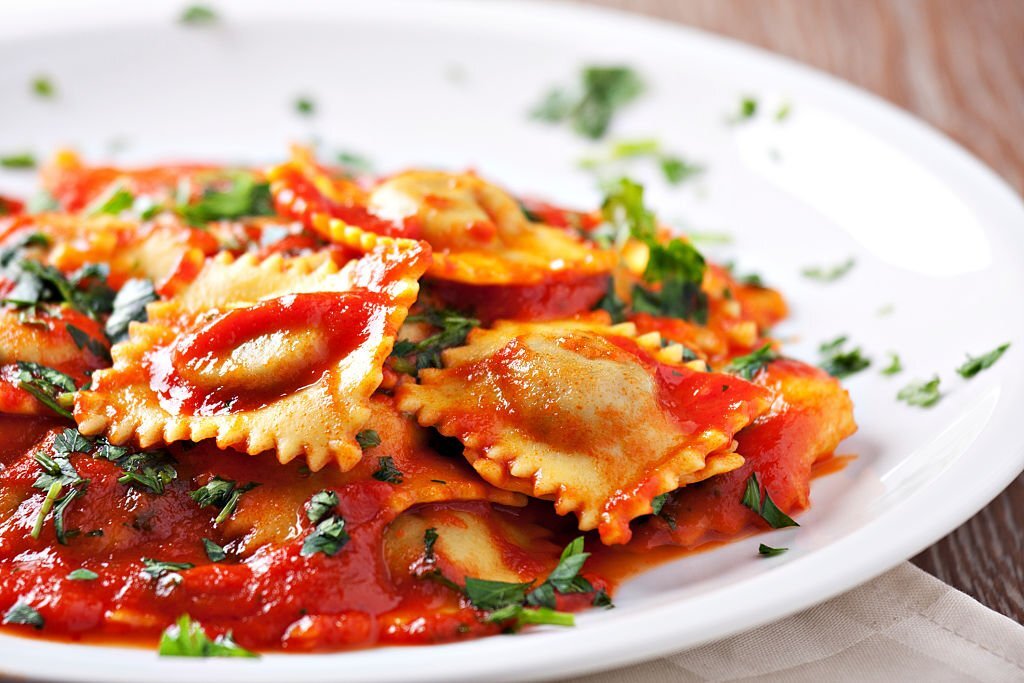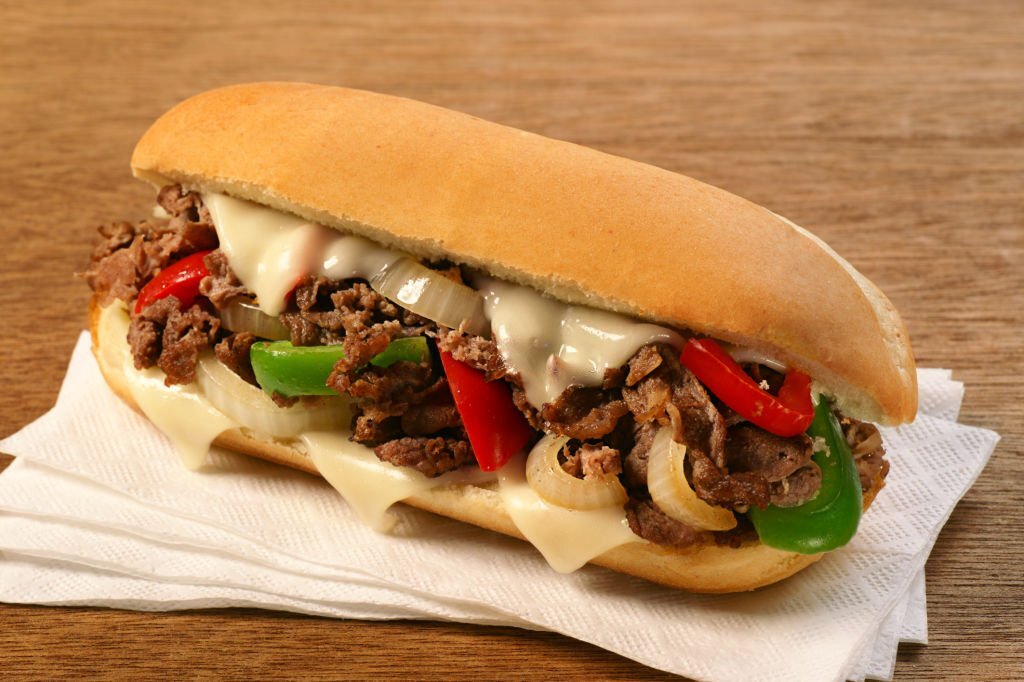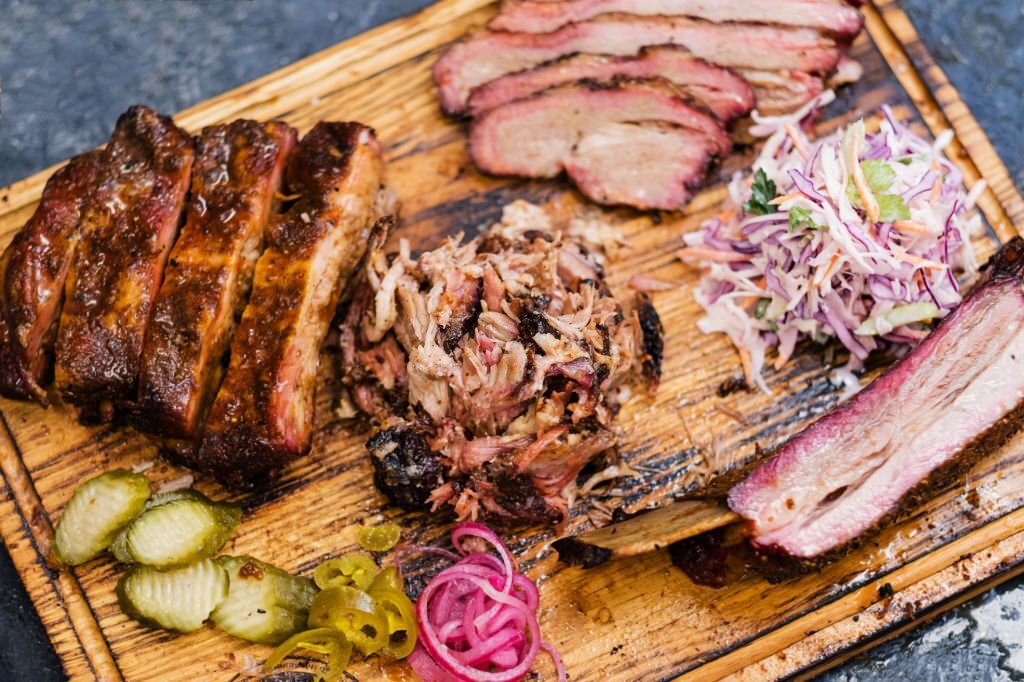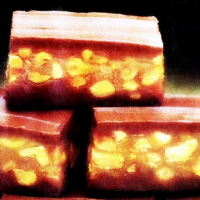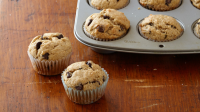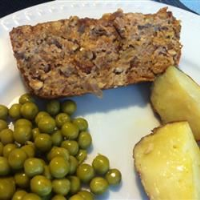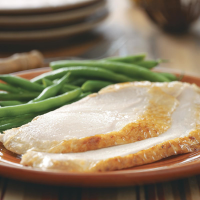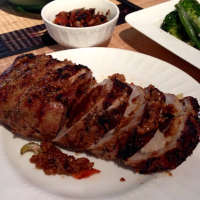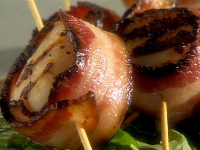More about "how is excess protein stored in the body recipes"
DOES THE BODY STORE PROTEIN? | LIVESTRONG.COM
Too much protein can also throw off your body's nitrogen balance, which results in a high concentration of amino acids in your urine and excess stress on the kidneys and liver, notes the National Strength and Conditioning Association. When your body processes protein, ammonia is produced as a byproduct.
From livestrong.com
From livestrong.com
See details
HOW IS 'EXTRA' DIETARY PROTEIN STORED - BODYBUILDING.COM ...
19/12/2008 · excess protein is turned into glucose=glycogen and can eventually be stored as fat. This process still requires more energy than turning excess carbs into fat. 12-19-2008, 03:07 PM #6
From forum.bodybuilding.com
From forum.bodybuilding.com
See details
24.4 PROTEIN METABOLISM – ANATOMY & PHYSIOLOGY
Proteins are not stored for later use, so excess proteins must be converted into glucose or triglycerides, and used to supply energy or build energy reserves. Although the body can synthesize proteins from amino acids, food is an important source of those amino acids, especially because humans cannot synthesize all of the 20 amino acids used to build proteins.
From open.oregonstate.education
From open.oregonstate.education
See details
DOES EXCESS PROTEIN GET STORED AS FAT? | HEALTHFULLY
08/07/2011 · Does Excess Protein Get Stored as Fat? Filling up on protein to build muscle or slim your waistline may cause adverse effects, including increased body fat. As with all calories -- whether they come from carbohydrates, protein or fats -- your body converts what you don't need for energy into stored fat, which will remain until you burn it off.
From healthfully.com
From healthfully.com
See details
WHERE ARE PROTEINS STORED IN THE BODY? - TREEHOZZ.COM
17/04/2020 · Excess protein consumed is usually stored as fat, while the surplus of amino acids is excreted. Where is amino acid stored in the body? When excessive amounts of protein are eaten, the excess amino acids produced from digesting proteins are transported to the liver from the small intestine.
From treehozz.com
From treehozz.com
See details
EXCESS CARBOHYDRATES AND PROTEINS ARE STORED IN THE BODY AS
Open in App. Solution. Verified by Toppr. Correct option is. B. Fats. Excess carbohydrate and proteins are stored in the body as fat. First they get converted into fat and then being stored. Overtime, continually eating excess calories causes your body fat stores to expand, resulting in weight gain.
From toppr.com
From toppr.com
See details
HIGH PROTEIN DIET: DID YOU KNOW- EXCESS PROTEIN GETS ...
18/01/2021 · Excessive protein intake can get stored in your body as fat, informs Makhija. "Also, the amino acids from protein breakdown puts extra pressure on kidneys. This can result in poor kidney function.
From ndtv.com
From ndtv.com
See details
HOW IS 'EXTRA' DIETARY PROTEIN STORED - BODYBUILDING.COM ...
19/12/2008 · To define extra protein - whatever is consumed above the amount required to maintain muscle mass. Extra carbs/fat get deposited as fat. What happens to the 'extra' protein. As I understand, body has to work really hard to convert protein to carbs, so protein->carb->fat is going to be extremely inefficient.
From forum.bodybuilding.com
From forum.bodybuilding.com
See details
24.4 PROTEIN METABOLISM – ANATOMY & PHYSIOLOGY
Proteins are not stored for later use, so excess proteins must be converted into glucose or triglycerides, and used to supply energy or build energy reserves. Although the body can synthesize proteins from amino acids, food is an important source of those amino acids, especially because humans cannot synthesize all of the 20 amino acids used to ...
From open.oregonstate.education
From open.oregonstate.education
See details
HOW MUCH PROTEIN CAN THE BODY USE IN A SINGLE MEAL FOR ...
27/02/2018 · For example, cooked egg protein has an absorption rate of ~ 3 g per hour , meaning complete absorption of an omelet containing the same 20 g of protein would take approximately 7 h, which may help attenuate oxidation of AA and thus promote greater whole-body net positive protein balance. An important caveat is that these findings are specific ...
From ncbi.nlm.nih.gov
From ncbi.nlm.nih.gov
See details
WHAT DOES EXCESS PROTEIN IN THE DIET DO? | HEALTHY EATING ...
07/12/2018 · Including more protein in your diet than your body needs can be costly. Protein-rich foods, especially from animal sources or supplements, may be more expensive than carbohydrate- or fat-rich foods, and this can add an unnecessary expense if your body is converting excess protein to fuel or fat stores.
From healthyeating.sfgate.com
From healthyeating.sfgate.com
See details
EXCESS CARBOHYDRATES AND PROTEINS ARE STORED IN THE BODY AS
Excess carbohydrate and proteins are stored in the body as fat. First they get converted into fat and then being stored. Overtime, continually eating excess calories causes your body fat stores to expand, resulting in weight gain.
From toppr.com
From toppr.com
See details
A HIGH-PROTEIN DIET FOR REDUCING BODY FAT: MECHANISMS AND ...
19/11/2014 · Healthier proteins from vegetables (soy protein, beans, tofu, seitan or nuts) or fish could be a valuable alternative. Finally, all excess protein will eventually be converted to glucose (via gluconeogenesis) or ketone bodies [88, 89]. This may also explain the increased gluconeogenesis in response to a high-protein diet, as described above.
From ncbi.nlm.nih.gov
From ncbi.nlm.nih.gov
See details
DOES EXCESS PROTEIN GET STORED AS FAT? | HEALTHFULLY
08/07/2011 · Does Excess Protein Get Stored as Fat? Filling up on protein to build muscle or slim your waistline may cause adverse effects, including increased body fat. As with all calories -- whether they come from carbohydrates, protein or fats -- your body converts what you don't need for energy into stored fat, which will remain until you burn it off.
From healthfully.com
From healthfully.com
See details
DO WE STORE PROTEIN? | HEALTHY EATING | SF GATE
17/12/2018 · Because the body isn’t storing the excess protein in your diet, eating too much of it is just as bad as eating too little. Through some elaborate processes, the kidneys excrete excess protein as urea. This organ can withstand an occasional increase in its workload, but constant high intakes of protein can lead to kidney malfunction.
From healthyeating.sfgate.com
From healthyeating.sfgate.com
See details
CAN EXCESS PROTEIN BE STORED AS BODY FAT? : FITNESS
The takeaway should be that excess protein will rarely be converted to fat and stored, but can still contribute to fat gain indirectly. When protein intake exceeds protein requirements, protein starts getting oxidized for energy, and fat oxidation goes down, so more dietary fat gets stored. Same thing with carbs.
From reddit.com
From reddit.com
See details







